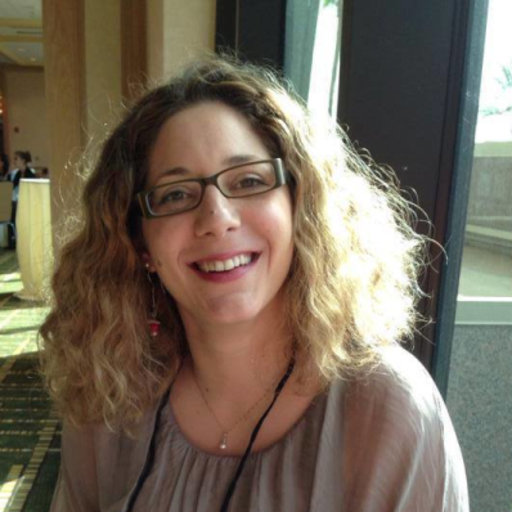The success of Higher Education as an effective learning environment rests on establishing an inclusive context that promotes lifelong learning opportunities. Socio-Emotional Learning (SEL) skills are considered fundamental competencies for development through which individuals acquire the ability to make decisions, collaborate, be prosocial, communicate effectively, and manage emotions.
Although universal SEL programs (e.g. cognitive behavioral/ CBT) have produced promising findings, their administration lacks success in populations with diverse abilities (e.g. learning difficulties/LD), since learning capacity and executive functions are considered essential ingredients for program success. There is growing literature indicating the potential of incorporating music and music therapy interventions as an effective medium for SEL programs in people with LD.
In parallel to the above promising results, there is a continuously evolving process to define the mechanisms and predictors that are related to the success of these programs. According to Kupana, music and social-emotional learning complement each other. Research on music’s health impact has been showing that there are clear links between the frequency of music use, the emotional patterns within the musical behaviors, the emotional reactivity to music, and health outcomes. Furthermore, music is affordable and widely accessible, and it is regarded as a particularly meaningful and important constant in the lives of young people.
The purpose of this presentation is twofold. Firstly, to present a description of a novel, research-informed multimodal SEL program (combining CBT+ music, based on neurobehavioral research). Secondly, to assess the program’s feasibility and preliminary efficacy for enhancing socio-emotional skills, academic performance, and psychological well-being for university students. We will evaluate its preliminary efficacy (pre-post-follow-up changes) in psychological and academic outcomes by comparing it with a standard SEL program. Participants in this study will be undergraduate students with and without LD from the University of Cyprus (UCY). The 10-session music program, developed based on a theory-driven approach, targets key effectiveness domains of music to enhance participants’ emotional responses during active music-making. A multiphase assessment method (pre-post-follow up) is implemented to assess the impact of the training program in the short term as on a long-term basis. Project results will enable us to personalize and promote equitable opportunities in SEL, according to learners’ needs, and prepare for a future multimodal (music-based) program that may address the specific needs of individuals with LD and social-emotional challenges.
Learner Objectives
A. Referral
- Implement an appropriate referral system for the population served.
- Educate staff, treatment team, or other professionals regarding appropriate referral criteria for music therapy based on population needs
B. Assessment
- Using a music therapy assessment, identify clients’ functioning level and strengths
C. Treatment Planning
- Structure and organize music therapy experiences within each session to create therapeutic contour (e.g., transitions, pacing, sequencing, energy level, intensity).
- Create and document treatment plans.
Biography
Potheini holds an MA in Music Therapy (New York University) and a Ph.D. in Special Education (Indiana University, Bloomington). Her research interests converge around the social, emotional, and academic growth of individuals.


